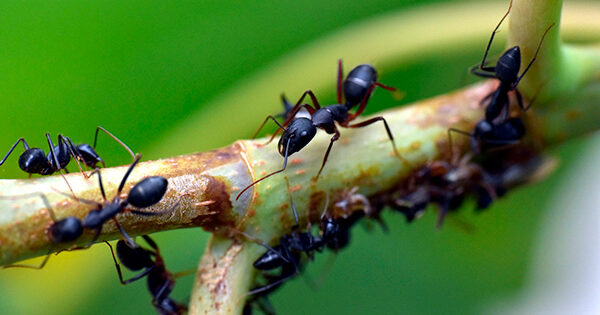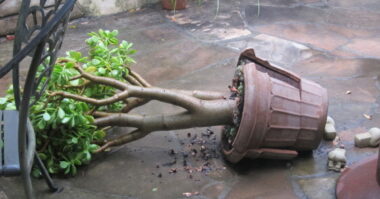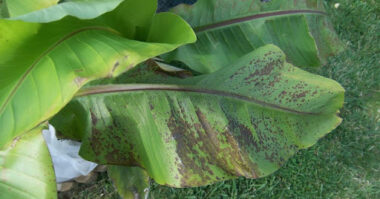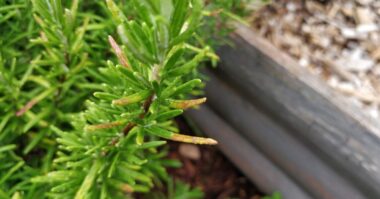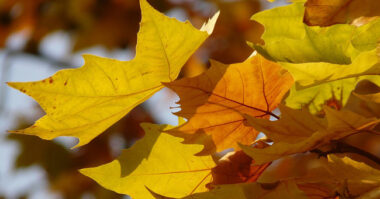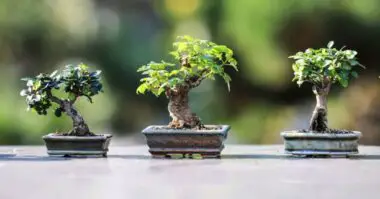Ants and gardeners… It’s a long story… a love story? Mmm… No, probably not! Most gardeners lose their cool when they see the tip of one of their antennas and run around to eliminate them as quickly and efficiently as possible… But it is often because they don’t know enough about this friendly little critter to do so.
Is the ant really a problem in the garden? Are all the legends that stick to the chitin really true? Can we simply let them live quietly without intervention? We tell you everything in this advice sheet!
Contents
Do ants eat the roots of plants?
Of course, ants don’t eat the roots, but they completely disrupt the subsoil, creating air pockets, and that shrubs don’t like at all.
So what do ants eat?
On the other hand, their polyphagous diet includes the predation of invertebrates that are potential pests of ornamental plants such as caterpillars: a beneficial effect counterbalanced however by their great appetite for the honeydew of aphids, mealybugs and other sap suckers that they protect from their natural predators (ladybugs, lacewings…) by their simple omnipresence.
If the depreciation of your plants was linked to the massive proliferation of aphids and mealy bugs, you would have noticed their massive presence on the aerial parts. It is therefore possible that they are victims of discreet attacks of their root network by other pests such as the larvae of crane flies, otiorhynchus, cockchafer…
Last possibility: the physico-chemical characteristics of your soil may be unsuitable for the species you grow. A soil analysis will allow you to know for sure.
Should we get rid of ants?
nts provide valuable services to the gardener! They devour many larvae, worms and other pests present in the soil. Through their galleries, they aerate the soil. They disseminate seeds and enrich the soil by recycling plant and animal waste. They are also a source of food for other insects and birds.
Of course, it is better not to have ants in roses and other plants because of the aphids that they are happy to raise for their honeydew and that cause damage.
This is when ants are the gardener’s enemy and he must find a way to get rid of them, among other things by removing what they come to get: aphids.
- Spray black soap on infested plants,
- Place strips of glue or conifer resin along the plants,
- Spray the plants with a water jet (at low power) to make the aphids fall, there will be some predator on the ground that will make a bite out of them!
How to protect your fruit trees from ants?
No gardener likes to see his cherry, apricot and peach trees invaded by hundreds of workers harvesting the sweet juice from the fruit. To prevent a harvest from becoming a minefield, the best solution is to wrap the trunk of the tree with glue, which can be purchased in garden centers or in some hardware stores.
Two strips on each trunk doesn’t seem like too much, as these clever kids might be tempted to build a bridge of debris over the tape to get past the first strip, but will be quickly discouraged if a second barrier blocks their path.
10 ways to get rid of ants
1. The magic line against ants
Quite common, probably because of its effectiveness, this method consists of drawing a line with chalk on the floor or wall. The line must be located in the path of the ants; as soon as they reach it, it is impossible for them to cross it.
2. Hot water, of course
This solution may seem a little radical, but it is certainly effective. Once again, hot water shows its usefulness. Here, all you have to do is dilute soap with it and pour it into the ants’ nest.
3. Essential oils, naturally
Known for the intensity of their scent, essential oils do not only heal. They can also chase away ants. All you have to do is spray a mixture of half a liter of water, with about twenty drops of peppermint and ten drops of sweet almond.
4. Coffee grounds, a powerful product
Once you’ve identified the places where ants go, apply a good layer of wet coffee grounds. It won’t take long for the ants to move away.
5. Mixing sugar and salt, a combination with unsuspected virtues
Ants love sugar, that’s a fact; salt, on the other hand, horrifies them. To get rid of them, simply add salt to a sweet product. They will be attracted to the sugar, but the salt will destroy them.
6. Diatomaceous earth powder, a key remedy
Diatomaceous earth powder, which is brown or white in color, contains very ancient small algae. These are the ones that, thanks to their natural properties, are responsible for repelling all the ants.
7. Glue, the smart trap
Ants may think they’re clever, but they’ll have a hard time anticipating this move on your part. Drip glue along a wall or floor to prevent ants from going further than that spot; the glue will hold them back.
8. White vinegar, a simple solution
To keep ants away, you can simply spray white vinegar, pure or diluted with water, in areas where ants frequent. The strong smell will repel them.
9. Lemon, for a quick result
The acidity of lemon is unbearable for ants. So squeeze a lemon in an area of the house you want to get rid of ants, then leave the peel on the floor. After a few days, there will be no more ants living in that area.
10. Baking soda, base vs. acid
If ants can’t stand external acidity, it’s because they are already carrying acidic substances on them. Make a bait with sugar and baking soda. Once the ant colonies have been attracted to the sugar, the encounter with the basic compound soda will be very unpleasant for them. And you will be rid of them.
